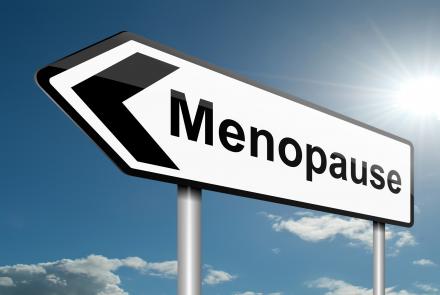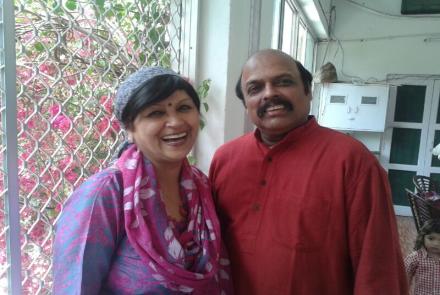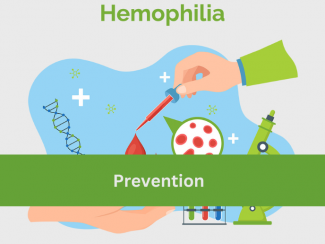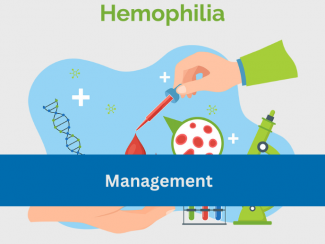
The psychological impact of premature menopause can range from anxiety and insomnia to low self-esteem and conflict in interpersonal relationships. Dr. Madanki Srinivasan, gynecologist/obstetrician and now mental health counsellor, tells us how to make the journey smooth.
What are the main reasons for early or premature menopause?
The causes for early or premature menopause would be premature ovarian failure, genetic, surgical, or drug-induced as in by chemotherapy and radiation during gynaecological cancer treatment.
What are the biggest concerns of a woman going through early menopause?
- Most women are mainly concerned with the stopping of their periods... to them it signifies womanhood, youth and sexuality. This cessation of periods affects them psychologically and may cause anxiety, depression and affect their general functioning as well as their interpersonal relationships.
- It also affects their BMR (basic metabolic rate) leading to weight gain, which again can be a cause for poor self-esteem and a sense of isolation.
- The other effect is on libido, dryness of vagina, thus disrupting sexual relationship with their partner.
- Of course, one shouldn’t forget the effect on their bone health which commonly is the cause of Osteoporosis.
What is the psychological impact of premature menopause?
The psychological impact can be a wide spectrum ranging from restlessness and anxiety at one end to insomnia and severe depression at the other, along with isolation, conflict in interpersonal relationships and low self-esteem being some others.
Check out our webinars with breast cancer survivors and gynaecological cancer survivors in the links below
Are there any differences in the impact based on reason for menopause - POF, Surgical, early menopause?
To a certain extent, the impact can differ. If there has been acceptance and mental preparation, the impact need not be devastating. During the course of natural menopause, many women are aware and mentally prepared which makes the transition more graceful and smooth. In cases of sudden onset, accepting the aftermath is more difficult.
Are Indian women forthcoming on the effect on their sexuality and self-esteem? Do they feel less like a woman? What is the impact on relationships with husband?
In today’s world, with increasing awareness and media exposure, more and more Indian women are no longer considering such topics as taboo and are more open to discussion and seeking help. Feeling less like a woman is definitely a very alarming phenomenon and can wreak havoc on the self-esteem and marital relationship, specially pertaining to sexuality.
Is just counselling enough or do they need couple or family counselling?
Depending on how menopause has affected the woman concerned and the extent of impact on not just her but also her immediate family, friends and colleagues if any, she may require one-on-one counselling or even couple or family therapy. Involving the partner and the family in understanding the physiology, and psychology of this delicate and crucial period of her life is important. Empowering the family members and friends with coping strategies and skill sets to lend support, be able to empathize and continue to motivate and encourage her will be very useful.
Are there differences in whether they have one child, children or none? Or their age? Or marital status?
There can be minor differences in presentation, extent and severity based on the existing support systems from the children and partner.
In an Indian context - are there issues from in-laws and relatives?
In the majority of cases, the answer is yes, as in the Indian context, each individual’s problem is considered and treated as a family problem. There is intense involvement of the other family members, especially in a joint family set up and specially if the woman has been a housewife, or a submissive, adjusting, meek and peace loving woman she is more likely to be dominated, bullied and mentally tortured for certain changes that she may be going through at this time.
Any tips on how they can cope with early menopause?
- Awareness of the condition, mental and physical preparation can help a lot in being able to cope better.
- Keeping oneself productively engaged, maintaining a sense of purpose and meaning in life, a high sense of self-esteem, keeping good company and good reading also helps.
- Physically engaging in exercise and activities that can keep her engaged can help cope better.
- Seeking medical help for troubling symptoms and following advice and taking the necessary supplements (such as calcium for aching bones etc) can also help.
How can the friends and family support?
Friends and family can definitely contribute in a very positive manner, with their understanding of the condition, empathy and consistent support in keeping her as active, engaged and creative as possible. In the event of any undue anxiety or emotional outbursts, the family too can seek help from counselling as to how they can make the journey easier for her.
Managing Side Effects of Hormone Therapy : Youtube Link
Coping with Gynaecological Cancers : Youtube Link










